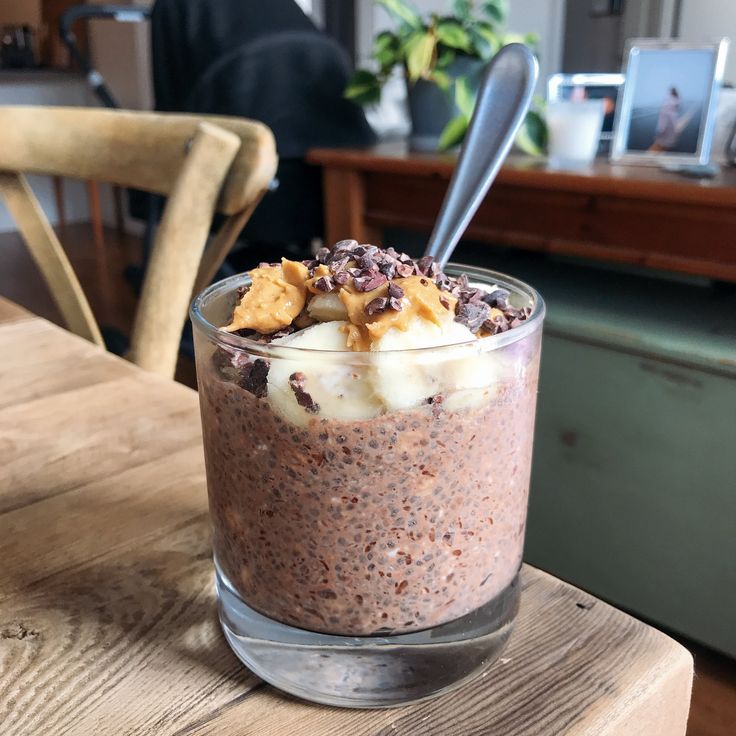The Surprising Health Benefits of Fast Walking: Why You Should Pick Up the Pace

In today’s fast-paced world, staying healthy often feels like a challenge. We’re constantly bombarded with new fitness trends and complex workout routines. But what if the key to better health is as simple as walking—just a little faster? Fast walking, also known as brisk walking, is an often overlooked but highly effective form of exercise that can significantly impact your overall health.
What is fast walking?
Fast walking is defined as walking at a pace that increases your heart rate and breathing but still allows you to carry on a conversation. This typically translates to a speed of around 3 to 4.5 miles per hour, depending on your fitness level. Unlike casual strolling, fast walking requires purposeful movement, with longer strides and a more vigorous pace.
The Health Benefits of Fast Walking
- Cardiovascular Health
Fast walking is a powerful way to improve cardiovascular health. Regular brisk walks can lower blood pressure, reduce bad cholesterol levels (LDL), and raise good cholesterol (HDL). This, in turn, reduces the risk of heart disease and stroke. A study published in the journal Circulation found that walking briskly for just 30 minutes a day can lower the risk of coronary heart disease by 19%. - Weight Management
Fast walking is an excellent exercise for burning calories and managing weight. While it may not burn as many calories as running, it’s easier on the joints and can be sustained for longer periods. Walking at a brisk pace for 30 minutes can burn approximately 150-200 calories, depending on your weight and walking speed. Over time, this can contribute to significant weight loss and maintenance.
Mental Health Benefits
- Mental Health Benefits Walking briskly doesn’t just benefit your body; it also has a positive impact on your mind. Fast walking stimulates the release of endorphins, the body’s natural mood lifters. It can help reduce symptoms of anxiety, depression, and stress. Additionally, being outdoors and walking in nature has been shown to improve cognitive function and creativity.
- Enhanced Longevity
One of the most compelling reasons to start fast walking is its impact on longevity. Research has shown that people who walk at a faster pace tend to live longer than those who walk more slowly. A study published in the British Journal of Sports Medicine found that fast walkers have a lower risk of all-cause mortality, including deaths related to cardiovascular disease and cancer. - Improved Joint Health
Unlike high-impact exercises such as running, fast walking is low-impact, making it ideal for individuals with joint issues or those who are recovering from injury. Fast walking helps maintain joint flexibility and strengthens the muscles surrounding the joints, which can alleviate symptoms of arthritis and prevent future joint problems. - Boosted Immune System
Fast walking has been linked to a stronger immune system. Regular brisk walks can help boost the body’s defense mechanisms, making it easier to fend off common illnesses like colds and flu. A study published in the American Journal of Medicine found that people who engaged in regular moderate exercise, like fast walking, experienced fewer upper respiratory tract infections.
Tips for Incorporating Fast Walking into Your Routine
Fast walking is a simple, accessible, and highly effective way to improve your health. Whether you’re looking to boost your cardiovascular fitness, manage your weight, or enhance your mental well-being, incorporating fast walking into your daily routine can offer numerous benefits. So why not lace up your walking shoes and pick up the pace? Your body and mind will thank you.
- Start Slowly: If you’re new to fast walking, begin with shorter distances and gradually increase your pace and duration.
- Focus on Form: Maintain good posture by keeping your head up, shoulders back, and arms swinging naturally. Engage your core muscles to support your spine.
- Set realistic goals: aim to walk briskly for at least 30 minutes most days of the week. If time is an issue, break it up into shorter sessions throughout the day.
- Wear Proper Footwear: Invest in a good pair of walking shoes that offer support and cushioning to prevent injury.
- Track Your Progress: Use a pedometer or a fitness app to monitor your steps, distance, and pace. Tracking can help you stay motivated and see your progress over time.
Conclusion
What is fast walking?
Fast walking is defined as walking at a pace that increases your heart rate and breathing but still allows you to carry on a conversation. This typically translates to a speed of around 3 to 4.5 miles per hour, depending on your fitness level. Unlike casual strolling, fast walking requires purposeful movement, with longer strides and a more vigorous pace.




